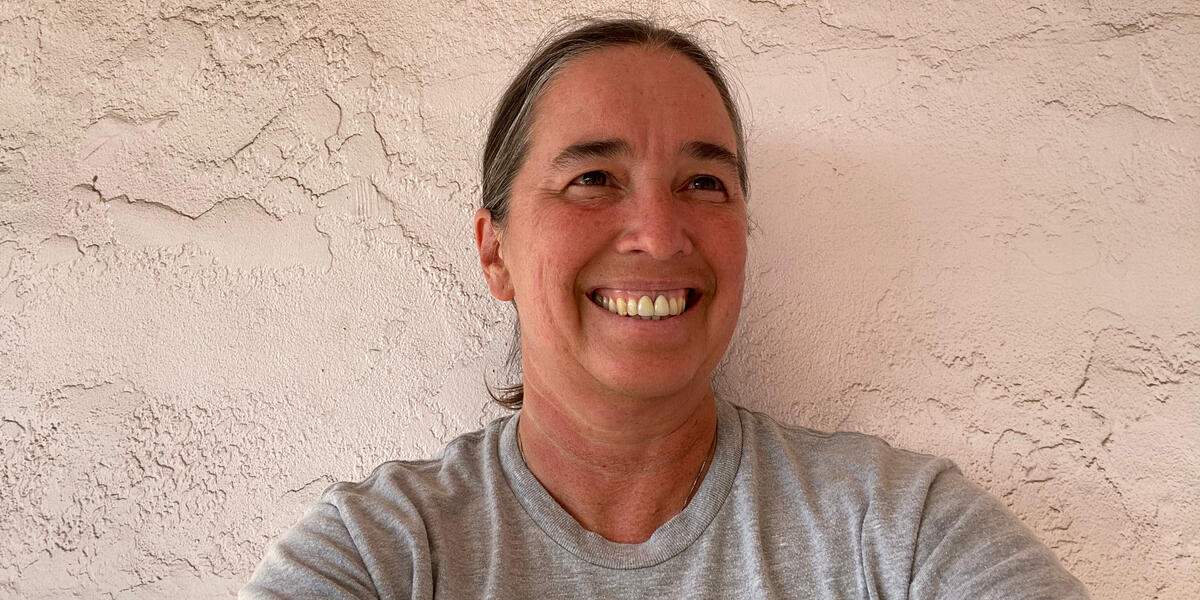We all know that Drupal 7 end of life (EOL) is coming. If you are looking for suggestions on what to do, or you are not sure what the EOL entails, we have some advice on what you should consider when making this important decision. Also, if you’re interested, Tag1 Managing Director Michael Meyers gave a talk at Drupalcon Global that outlines what the EOL means and what you can do about it.
You Do Not Have to Upgrade
Drupal 7 is supported by the community through November 2022. Until then, D7 will continue to receive security patches and some bug fixes until then, and the Drupal Security team monitors issues and takes an active role in its continued development. This means that core and contributed modules with Drupal 7 versions are still reviewed, tested, and remain as secure as possible.
After November 2022, the Drupal 7 Extended Support (D7ES) vendors, including Tag1, will be able to help you. Drupal 7 is a well-established and highly used platform with hundreds of thousands of active websites, which means that there’s likely to be lots of eyes on it, long after the official end of life. There is likely to be a significant interest in the long term support of Drupal 7 websites.
If you’re with a D7ES vendor, you’ll have access to experts to ensure your website’s safety and stability and to help you plan for any moves you want to make in the future.
Even if you don’t have a vendor, patches will generally be open-sourced and available to everyone. It will be your responsibility to keep track and update your websites on your own.
When the Time Comes
Everyone will probably have to upgrade from Drupal 7 at _some_point. Your company may have a policy requiring that all software be in a support window - no EOLed software, or you simply may not want to assume the risk that running unsupported software brings.
When that day comes, evaluate your website - are your favorite modules ready? Is everything you need compatible with Drupal 9? By the time D7 EOL rolls around, Drupal 8 will already be a year out of date - its EOL is November 2021, and it won’t have an extended support program, because its EOL is tied to Symfony 3.4's EOL.
PHP, the primary technology underneath Drupal, also has an end of life process for its versions. Eventually, there’s not going to be official support. New vulnerabilities in PHP won’t be corrected, potentially leaving your website vulnerable to compromise. If you aren’t with a D7ES vendor, and you don’t have the expertise in-house to deal with issues, that may be your trigger to upgrade, change to a new platform, or convert your existing website to a static one.
Many Drupal 7 contributors have moved on, with developers only doing necessary security fixes to their contributed modules. Most new development work is focused on preparing modules for Drupal 9 compatibility, adding new features in Drupal 8 or 9, or looking forward to Drupal 10.
Who You Gonna Call?
Tag1 Consulting! Whatever your decision - stick it out for a few more years, or execute an upgrade - Tag1 can help. We are a Drupal 7 Extended Support approved vendor and ready to support you and your website, no matter what version of Drupal you’re running. Tag1 has been helping companies continue to run Drupal 6 through the Drupal 6 Long Term Support program for five years and we can help you run your Drupal 7 website far into the future. Our Tag1 Quo service is just one way we support our customers. If you’re not sure you’re ready to move off of Drupal 7, the time to look at extended support is now, before you start running into issues and it becomes critical.
If you are looking to upgrade to Drupal 9 or Drupal 8 with an eye on moving to Drupal 9 by the end of the year, there are upgrade tools available, and Tag1’s team of experts are available to help you plan and execute your transition. Contact us.
For all of Tag1's content on Drupal end-of-life and what you need to know, see Drupal D7 & D8 End of Life.
Photo by Jake Hills on Unsplash

